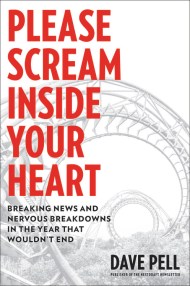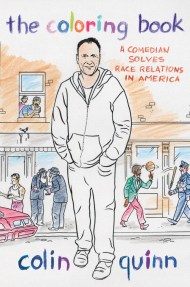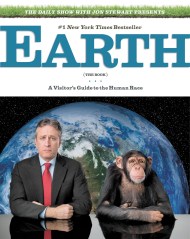By clicking “Accept,” you agree to the use of cookies and similar technologies on your device as set forth in our Cookie Policy and our Privacy Policy. Please note that certain cookies are essential for this website to function properly and do not require user consent to be deployed.
Dude, Where’s My Country?
Contributors
Formats and Prices
- On Sale
- Aug 1, 2004
- Page Count
- 272 pages
- Publisher
- Grand Central Publishing
- ISBN-13
- 9780446693790
Price
$19.99Price
$25.99 CADFormat
Format:
- Trade Paperback $19.99 $25.99 CAD
- ebook $9.99 $12.99 CAD
- Audiobook Download (Unabridged) $24.99
This item is a preorder. Your payment method will be charged immediately, and the product is expected to ship on or around August 1, 2004. This date is subject to change due to shipping delays beyond our control.
Buy from Other Retailers:
In case anyone in Washington hasn’t noticed, Americans are fed up with the status quo. In this, the first shot fired over the bow of the 2004 Presidential election, Michael Moore aims to unseat the man who slithered into the White House on tracks built by the bloody hands of Enron and greased with the oil of his daddy. As if an unelected, semi-literate president weren’t problem enough, America’s Democrats have managed to take the liberty out of “liberal,” signing on with the G.O.P. for dirty corporate money and the ill-gotten gains of globalization. The “left” is just as satisfied as the right to stand idly by as the chasm between the haves and the have-nots grows wider and wider.
Thank god for Michael Moore because Dude, Where’s My Country tells us precisely what went wrong, and, more importantly, how to fix things. In a voice that is fearless, funny, and furious, Moore takes readers to the edge of righteous laughter and divine revenge.
Thank god for Michael Moore because Dude, Where’s My Country tells us precisely what went wrong, and, more importantly, how to fix things. In a voice that is fearless, funny, and furious, Moore takes readers to the edge of righteous laughter and divine revenge.
Genre:
Newsletter Signup
By clicking ‘Sign Up,’ I acknowledge that I have read and agree to Hachette Book Group’s Privacy Policy and Terms of Use






